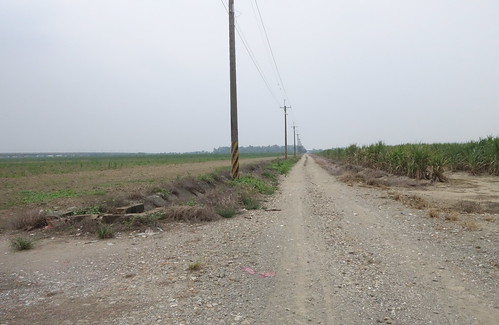A piece in The Diplomat observes that China's bogus ADIZ over the East China Sea was used to turn back a Lao Airlines flight...
A little-noticed report published earlier this week in Air Transport World showcases one such case. Although considerably ambiguity continues to surround this incident, according to that report, a Lao Airlines flight flying from South Korea’s Gimehae International Airport to Laos was asked to turn back by Chinese air traffic controllers and complied. The report notes that the Chinese air traffic controllers told the aircraft that it did not have adequate approval to pass through China’s airspace. According to the report, the flight (No. QV916), an Airbus A320, was an hour into its scheduled flight path, “which would have put the aircraft over disputed areas of the China Sea,” before it turned back. Starting last year, Chinese air traffic authorities began to require that all civilian flights flying through the East China Sea ADIZ file pre-flight plans, transponder details, and other technical details ahead of their flights, according to the Air Transport World report. The incident involving QV916 is the first instance of a commercial flight being turned back due to a failure to comply with Chinese air traffic authority requirements, but at least 55 airlines worldwide are complying with the terms of China’s ADIZ.Laos is very tight with China economically, so they didn't complain. I had been wondering if Beijing had arranged with Laos to do this to increase the legitimacy of their ADIZ, but that's because I am paranoid.
Over at Thinking-Taiwan, J Michael Cole observed that the KMT was far more interested in the ROC claim to the Senkakus than the public at large:
Perhaps even more importantly, though far less acknowledged, is the fact that unlike Chinese and Japanese nationalists, most Taiwanese couldn’t care less about the islets. Segments of the Taiwanese public paid attention when the dispute with Japan prevented Taiwanese fishermen from making a living, but the fisheries agreementsigned in April 2013 by Taipei and Tokyo, after 16 long years of stalled efforts, resolved that matter. In other words, whatever interest most Taiwanese paid to the issue stemmed from practical rather than ideological considerations.In a way, in the die-hard KMT mind, the ROC exists because it makes claims. In the Ma Administration's practical foreign policy, whose goal is to isolate Taiwan from its neighbors, the Senkakus are a useful issue for irritating relations with Japan.
But this is not the picture you will get if you listen to the official rhetoric in Taipei or to members of President Ma’s Chinese Nationalist Party (KMT), both of which emphasize Taiwan’s (or the Republic of China’s) sovereignty claims over the islets. A most recent example of this was the Presidential Office’s reaction to remarks made by former president Lee Teng-hui during a visit to Tokyo, in which he stated that, in his view, the Diaoyutai/Senkaku islets are part of Japanese territory. Although Mr. Lee had made similar comments in the past, this time around the response was much more indignant.
_______________________
[Taiwan] Don't miss the comments below! And check out my blog and its sidebars for events, links to previous posts and picture posts, and scores of links to other Taiwan blogs and forums!

No comments:
Post a Comment